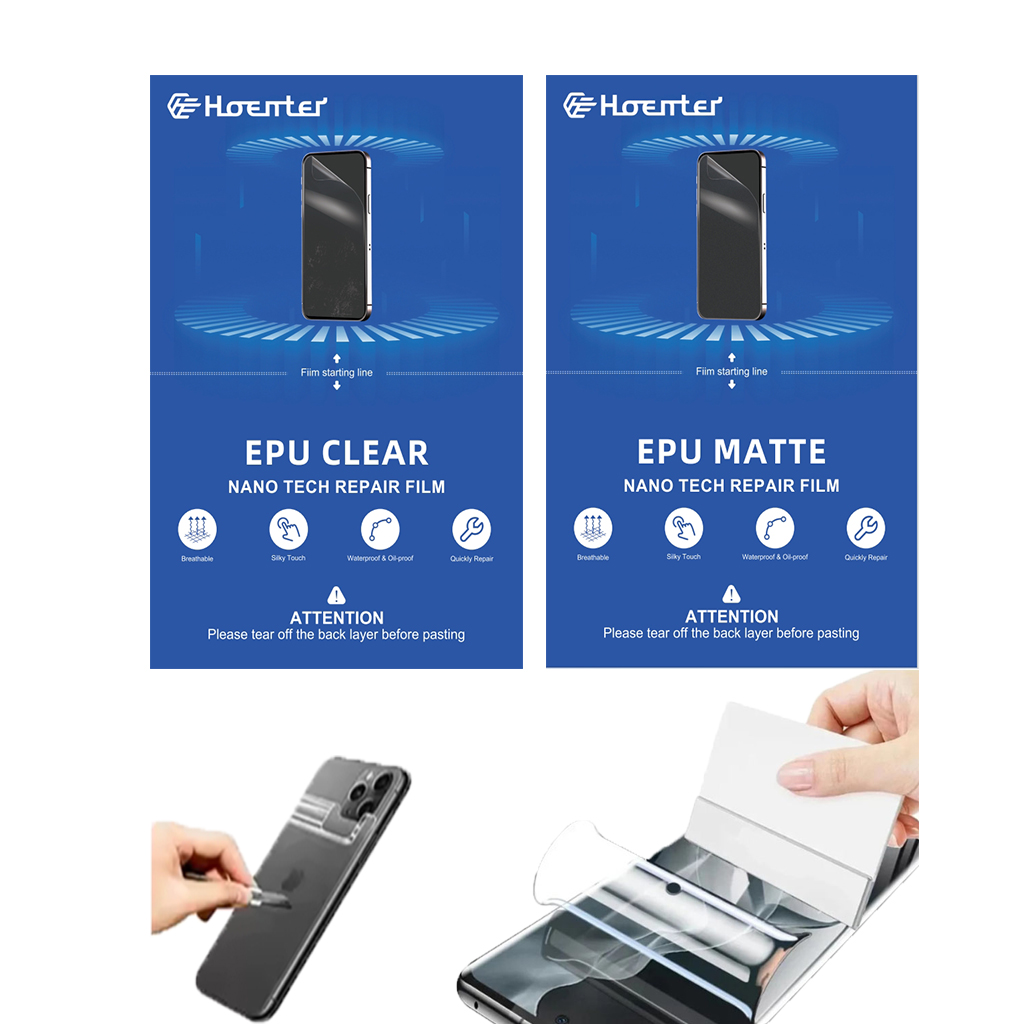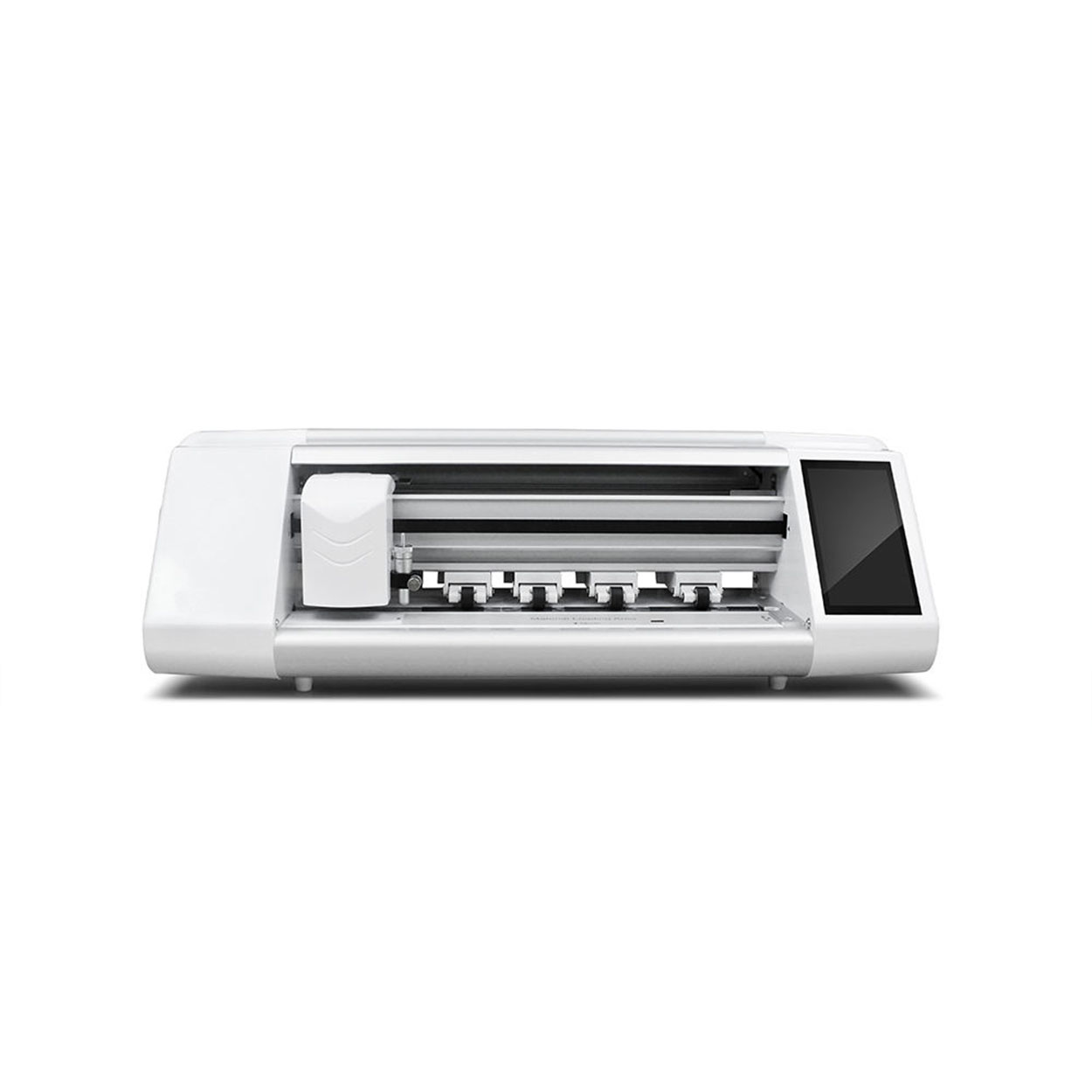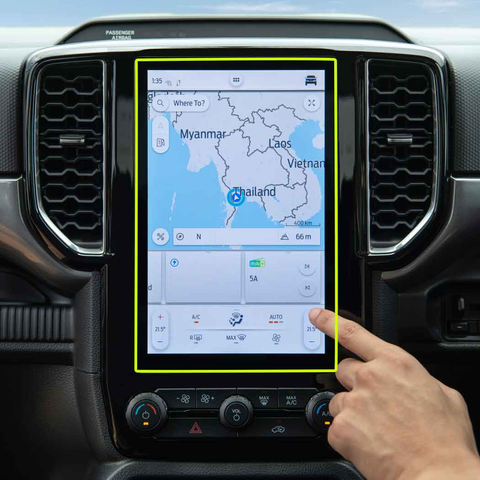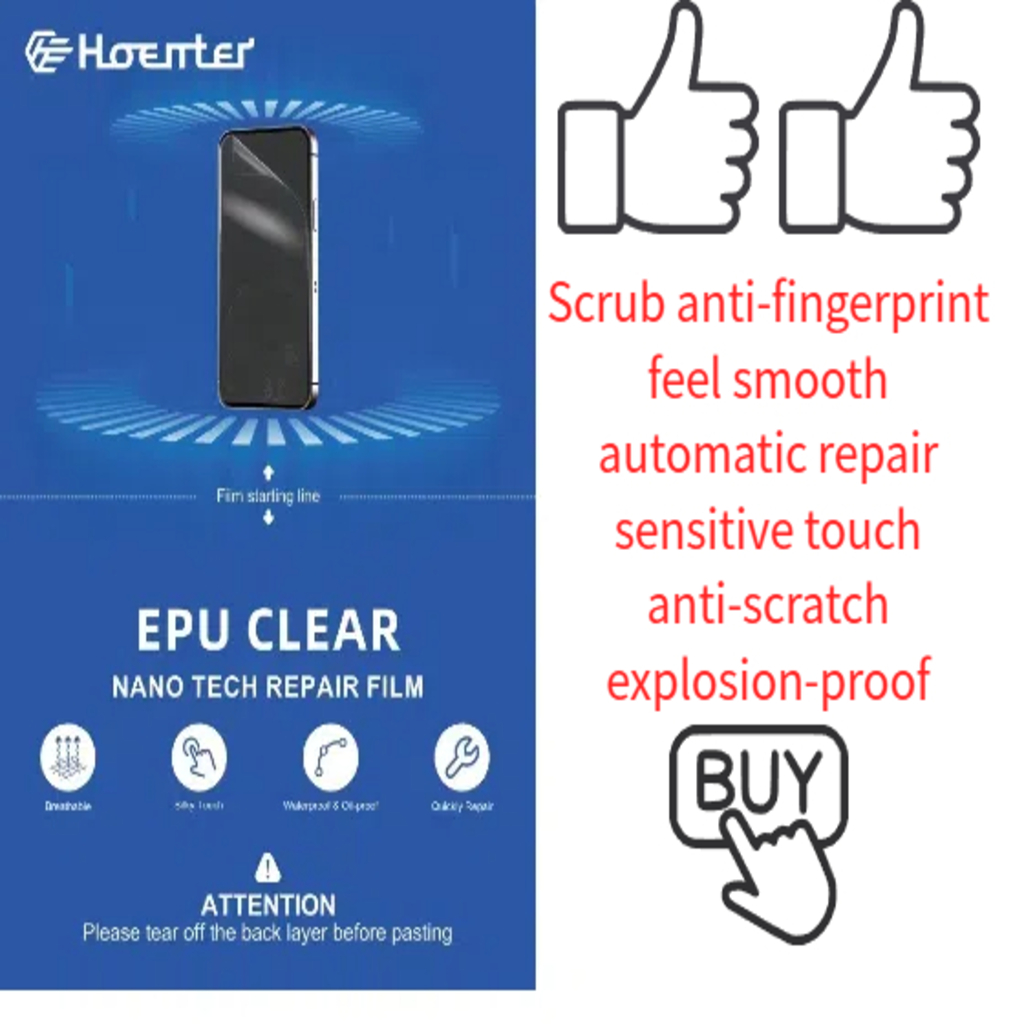
Co jest lepsze: szkło hartowane czy folia hydrożelowa na ekran?
Spis treści
Podsumowanie
- Szkło hartowane: Offers superior impact resistance and a smooth, glass-like feel.
- Hydrożel: Provides flexibility, self-healing properties, and is ideal for curved screens.
- Instalacja: Both require careful application to avoid bubbles and ensure a perfect fit.
- Koszt i wartość: Tempered glass is pricier but offers long-term durability; hydrogel is more affordable and eco-friendly.
- Doświadczenie użytkownika: Both maintain touch sensitivity, but tempered glass may offer better visual clarity.
Consider the level of protection you require, your budget, and your device’s design to make the best decision.
What is a Tempered Glass Screen Protector?
Understanding Tempered Glass: Tempered glass is a type of safety glass processed by controlled thermal or chemical treatments to increase its strength compared to normal glass. The process of tempering puts the outer surfaces into compression and the inner surfaces into tension. This makes tempered glass screen protectors highly durable and resistant to scratches and impacts.Benefits of Tempered Glass: One of the main advantages of using a tempered glass screen protector is its ability to absorb impact. This means that if you accidentally drop your phone, the tempered glass is more likely to crack instead of your phone’s actual screen. Additionally, tempered glass offers a smooth, glass-like feel that mimics the original screen, providing a seamless user experience.Exploring Hydrogel Screen Protectors
What is Hydrogel?: Hydrogel is a polymer material known for its flexibility and self-healing properties. Unlike tempered glass, hydrogel screen protectors are made from a soft, flexible material that can absorb minor scratches and heal over time, maintaining a clear view of your screen.Advantages of Hydrogel: Hydrogel screen protectors are praised for their thinness and flexibility, allowing them to cover even curved screens perfectly. They are also less prone to shattering compared to tempered glass, making them a safer option for those who frequently drop their devices.Tempered Glass vs. Hydrogel: Key Differences
Trwałość i wytrzymałość: Tempered glass is renowned for its strength and ability to withstand significant impacts. In contrast, hydrogel is more about flexibility and self-healing, offering protection against minor scratches rather than heavy impacts.Flexibility and Fit: Hydrogel protectors excel in flexibility, making them ideal for devices with curved screens. Tempered glass, while strong, is rigid and may not fit as snugly on non-flat surfaces.Which Offers Better Screen Protection?
Odporność na zarysowania: Tempered glass is highly resistant to scratches from keys, coins, and other sharp objects. Hydrogel, while not as hard, can self-heal minor scratches, maintaining a clear surface over time.Odporność na uderzenia: For heavy impacts, tempered glass is the superior choice due to its ability to absorb and distribute shock. Hydrogel, however, provides adequate protection for minor drops and bumps.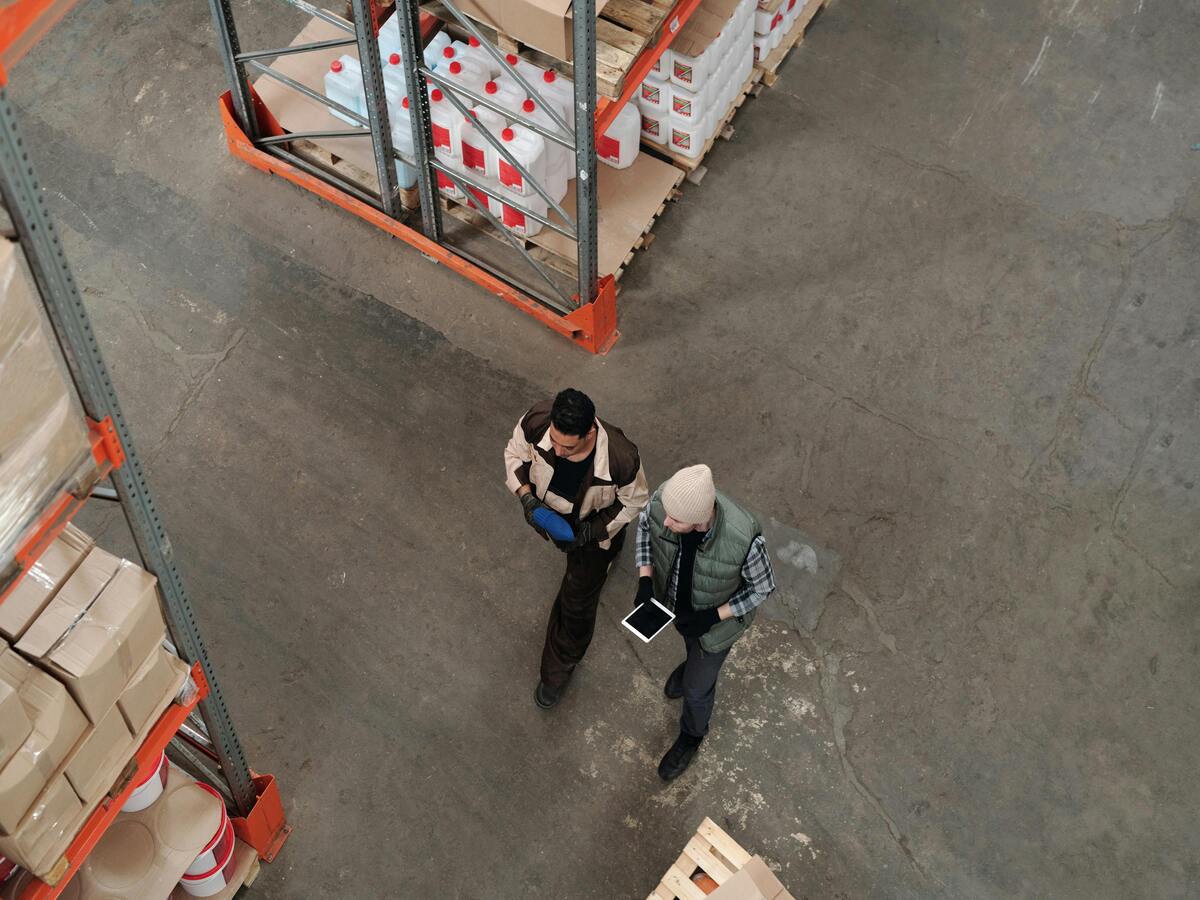
Hydrogel Film and Tempered Glass: Installation Process
Ease of Application: Installing a tempered glass protector typically involves aligning it carefully and pressing it onto the screen, often with the help of an installation kit. Hydrogel protectors require a bit more finesse, as they need to be stretched and smoothed out to avoid bubbles.Typowe błędy, których należy unikać: When applying either type, ensure the screen is clean and free of dust. For tempered glass, avoid pressing too hard to prevent cracking. With hydrogel, take your time to smooth out any bubbles.Cost Comparison: Is One More Affordable?
Price Points: Generally, hydrogel protectors are more affordable than tempered glass. However, the price can vary based on brand and additional features like anti-glare or privacy filters.Value for Money: While tempered glass may be more expensive, its durability can offer better long-term value, especially for those prone to dropping their devices.User Experience: Comfort and Usability
Czułość na dotyk: Both types maintain excellent touch sensitivity, but some users report a more natural feel with tempered glass due to its rigidity.Visual Clarity: Tempered glass often provides a clearer view, while hydrogel can sometimes cause slight distortion, especially if not applied perfectly.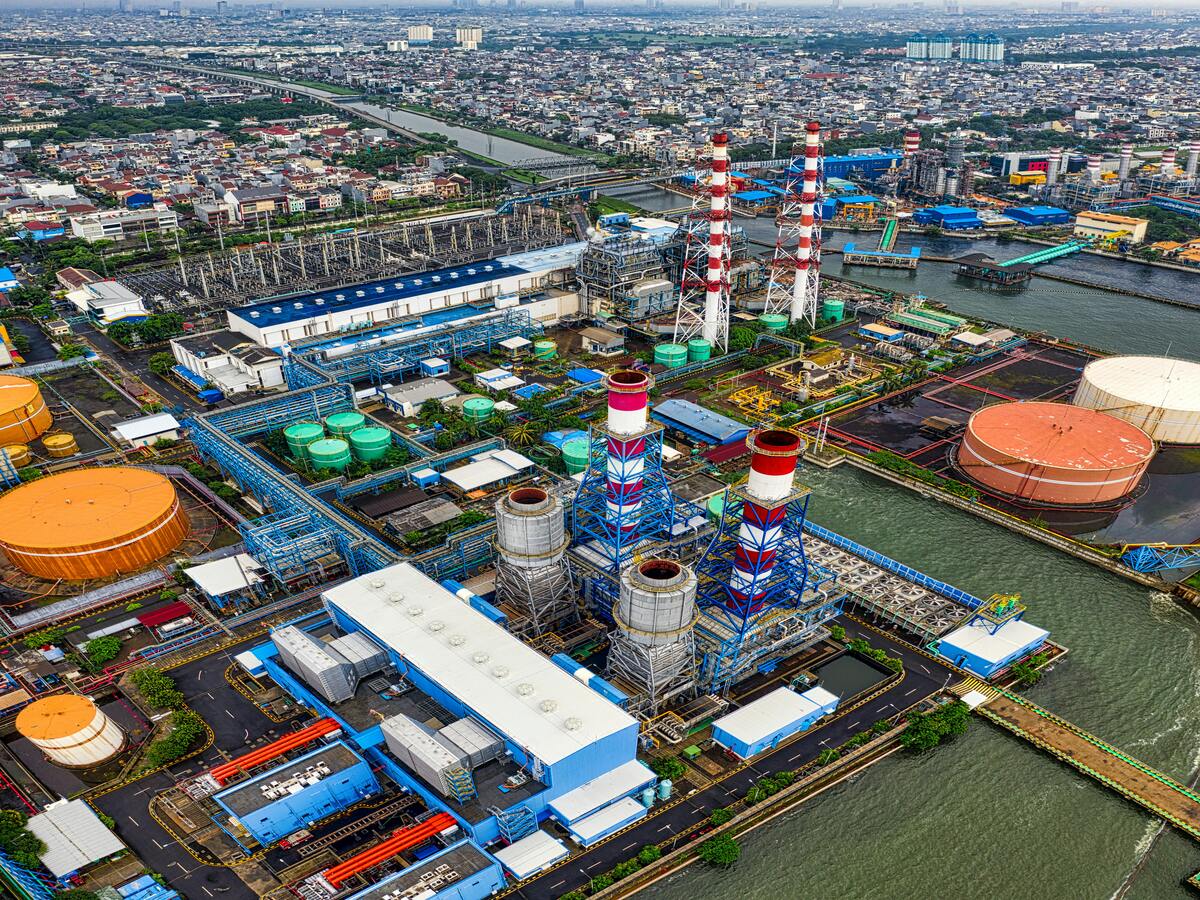
Aesthetic Appeal: Which Looks Better?
Design and Style: Tempered glass protectors are thicker and can add a slight bulk to your device, while hydrogel protectors are almost invisible, preserving the original look of your phone.Thickness and Weight: Hydrogel is thinner and lighter, making it less noticeable, whereas tempered glass adds a layer of protection that can be felt.Environmental Impact: Sustainability Considerations
Eco-Friendliness: Hydrogel protectors are generally more eco-friendly due to their biodegradable nature. Tempered glass, while recyclable, requires more energy to produce.Możliwość recyklingu: Both types can be recycled, but it’s essential to check local recycling guidelines to ensure proper disposal.Making the Right Choice: Personal Preferences and Needs
Lifestyle Considerations: If you’re someone who frequently drops their phone, tempered glass might be the better choice. For those who prefer a sleek, barely-there look, hydrogel is ideal.Expert Recommendations: Many tech experts recommend tempered glass for its superior protection, but hydrogel is gaining popularity for its flexibility and self-healing properties.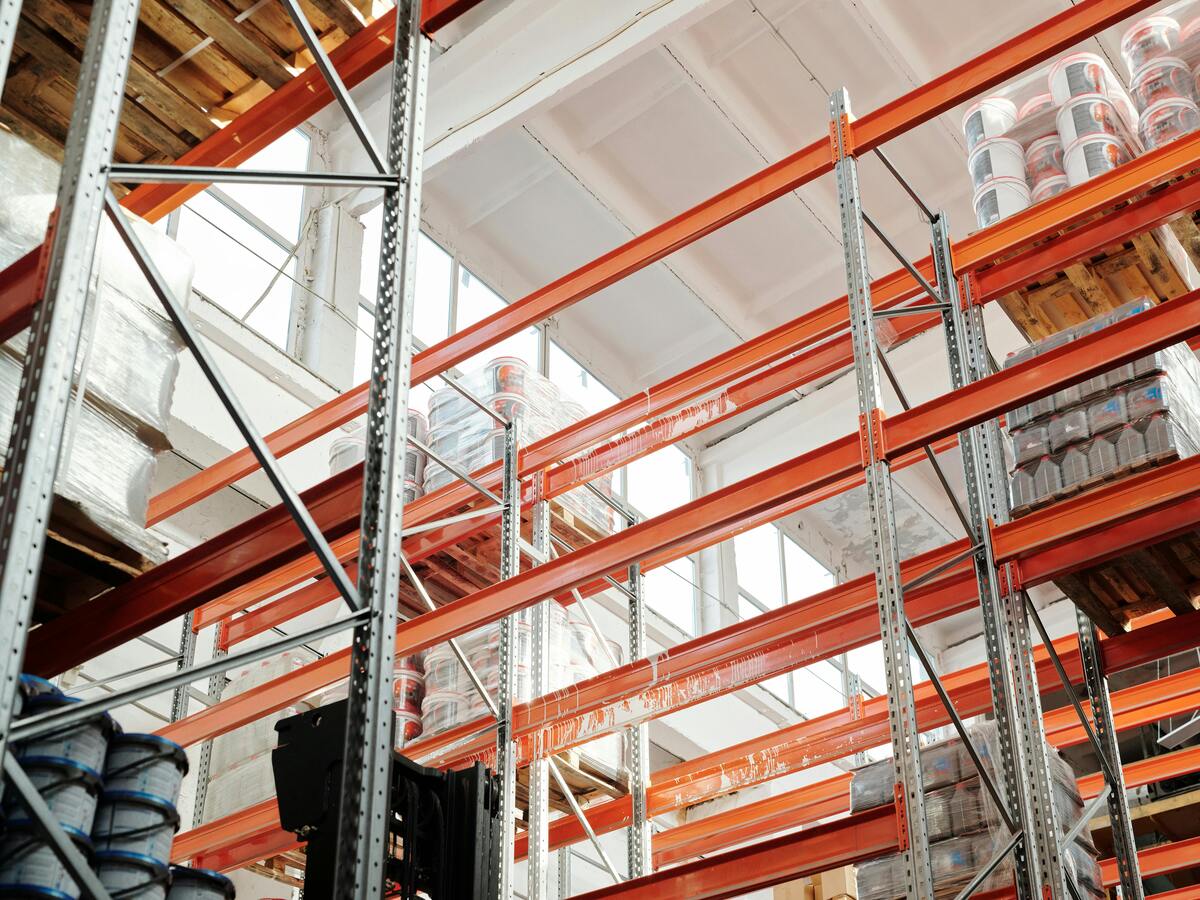
Komentarze
Tagi
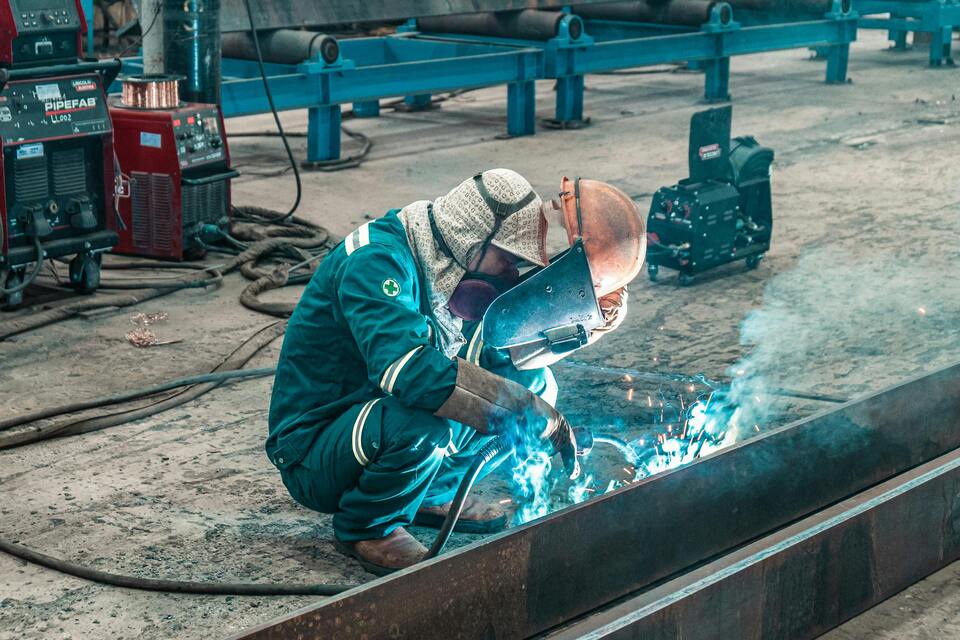
Is Hydrogel Screen Protector Better Than Tempered Glass?
Choosing between hydrogel and tempered glass screen protectors depends on your priorities.
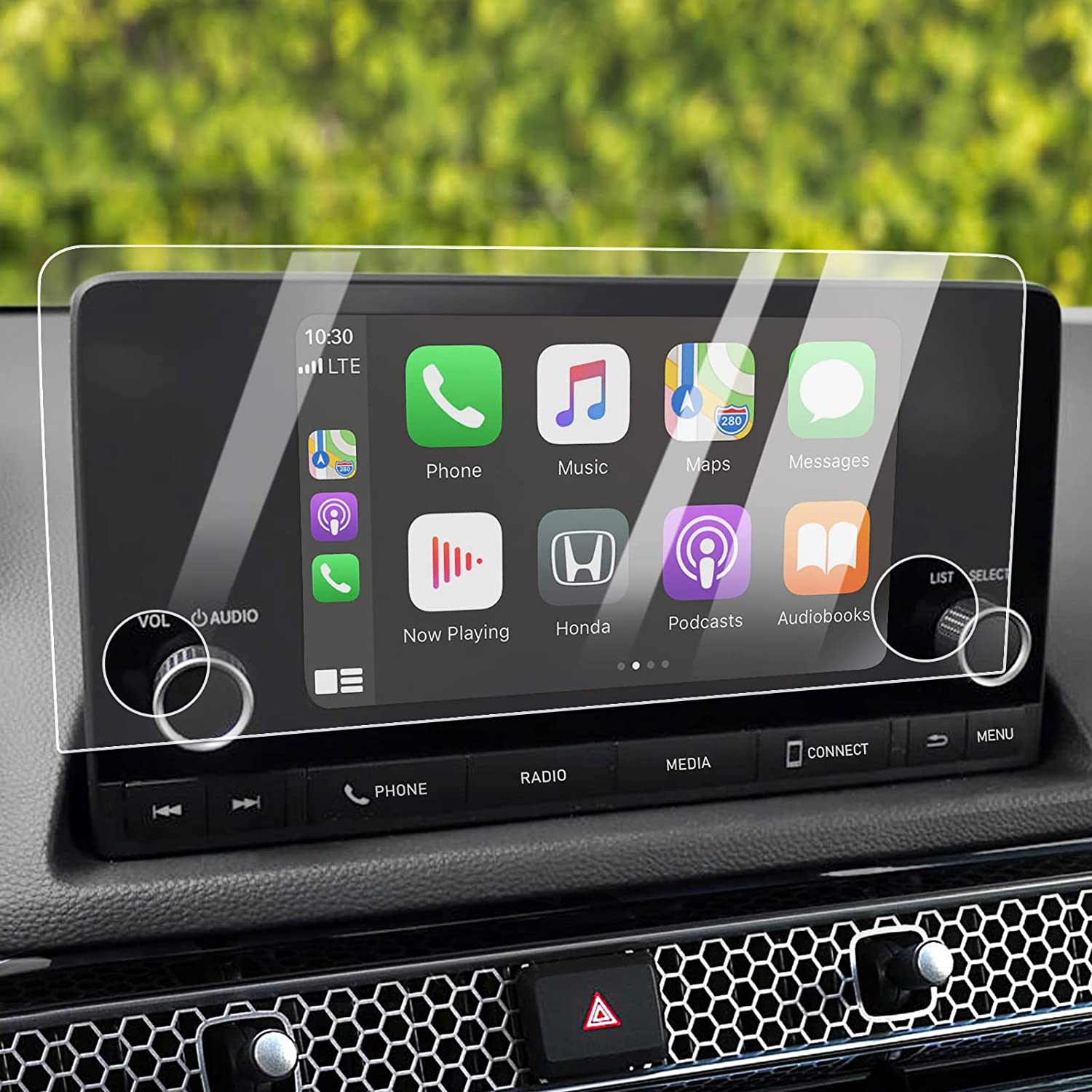
HD Car Touch Screen Tempered Glass
As a leading manufacturer of phone accessories, we understand the importance of protecting your valuable electronics. Now, we’re bringing our expertise to the automotive world with our premium HD Car Tempered Glass Screen Protectors.
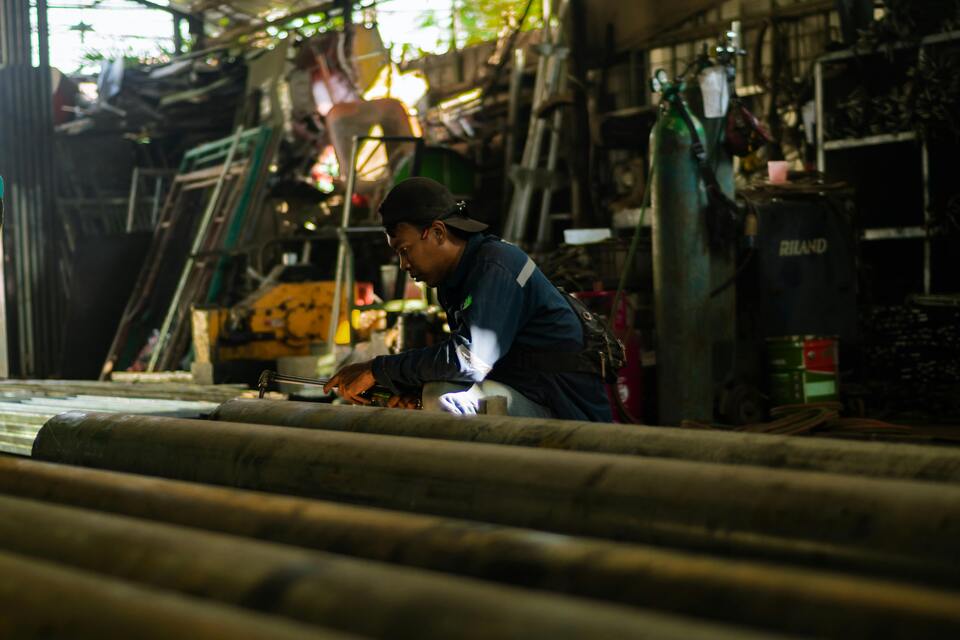
How to Get Out Air Bubbles in a Screen Protector?
By following these guidelines, you can ensure a smooth, bubble-free screen protector application, keeping your device safe and looking great.

Can a Screen Protector Hide Scratches?
By understanding your screen protector options, you can make an informed choice to protect and improve the look of your phone.
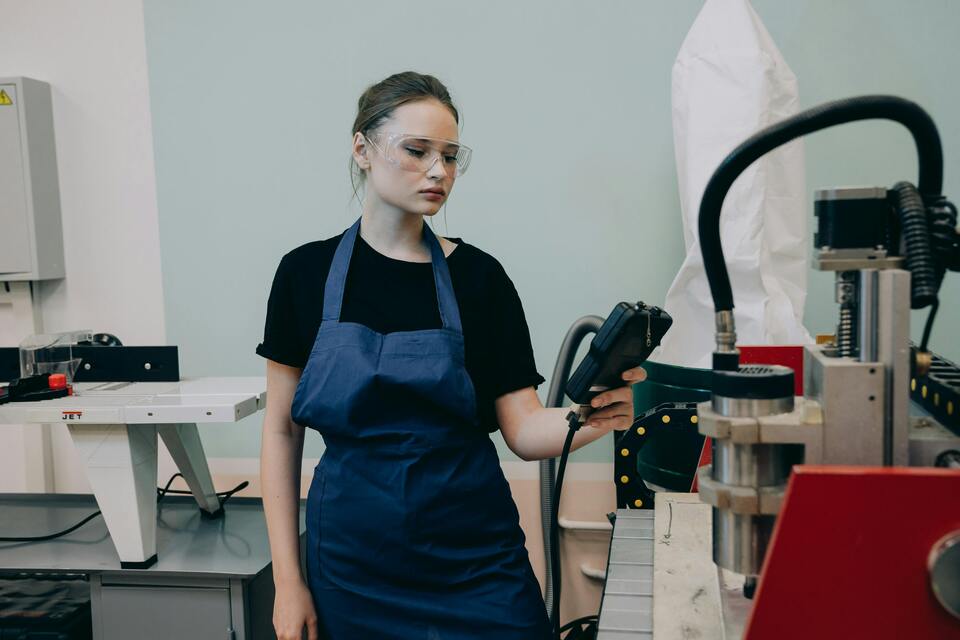
Ile kosztuje naprawa ekranu telefonu?
Dzięki zrozumieniu tych aspektów będziesz mógł podejmować świadome decyzje dotyczące naprawy ekranów telefonów, zachowując równowagę między kosztami, wygodą i zrównoważonym rozwojem.
Znajdź całą wiedzę i trendy z naszego bloga, uzyskaj hurtową cenę i najlepszą jakość z naszej fabryki.
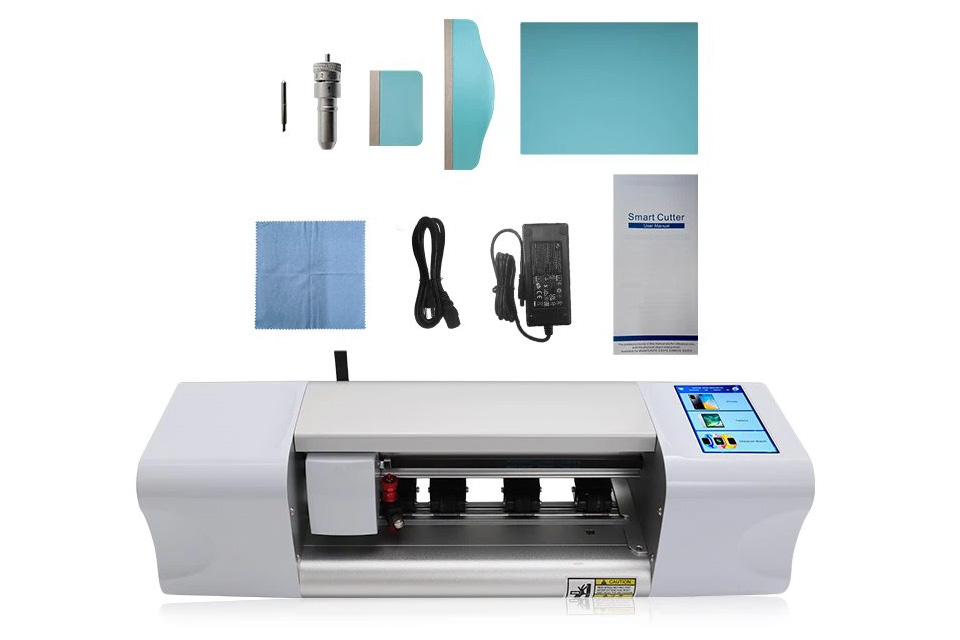
Jaka maszyna do cięcia folii i jej zastosowanie
Maszyny do cięcia folii odegrały kluczową rolę w ewolucji produkcji filmowej i różnych procesów przemysłowych, umożliwiając precyzyjne cięcie i łączenie materiałów filmowych.
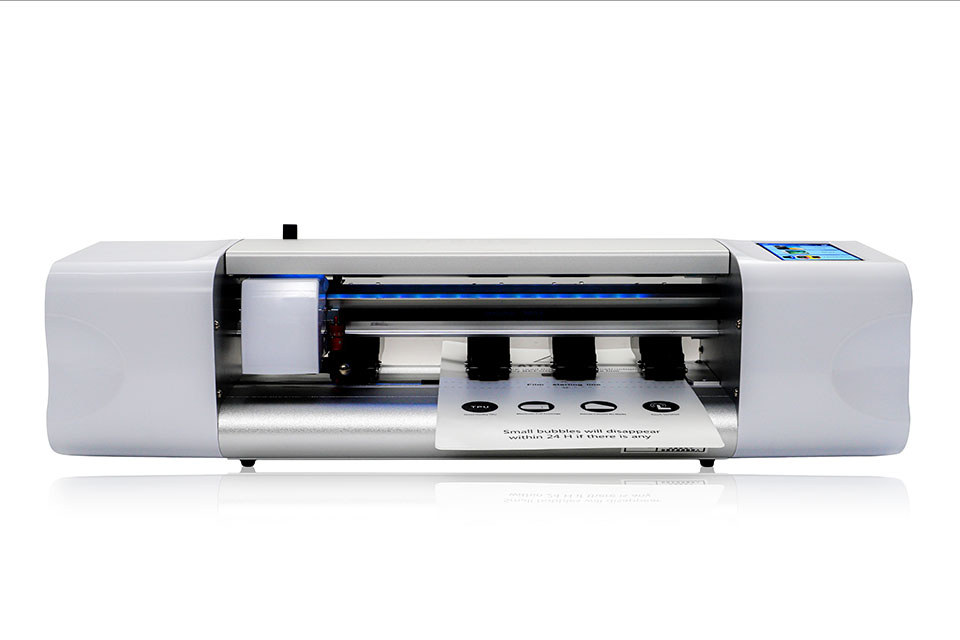
Co to jest maszyna do cięcia ochraniaczy ekranu?
Maszyna do cięcia ochraniaczy ekranu to specjalistyczne urządzenie zaprojektowane do produkcji niestandardowych ochraniaczy ekranu dla różnych urządzeń elektronicznych, w tym smartfonów, tabletów, smartwatchy, laptopów i monitorów.
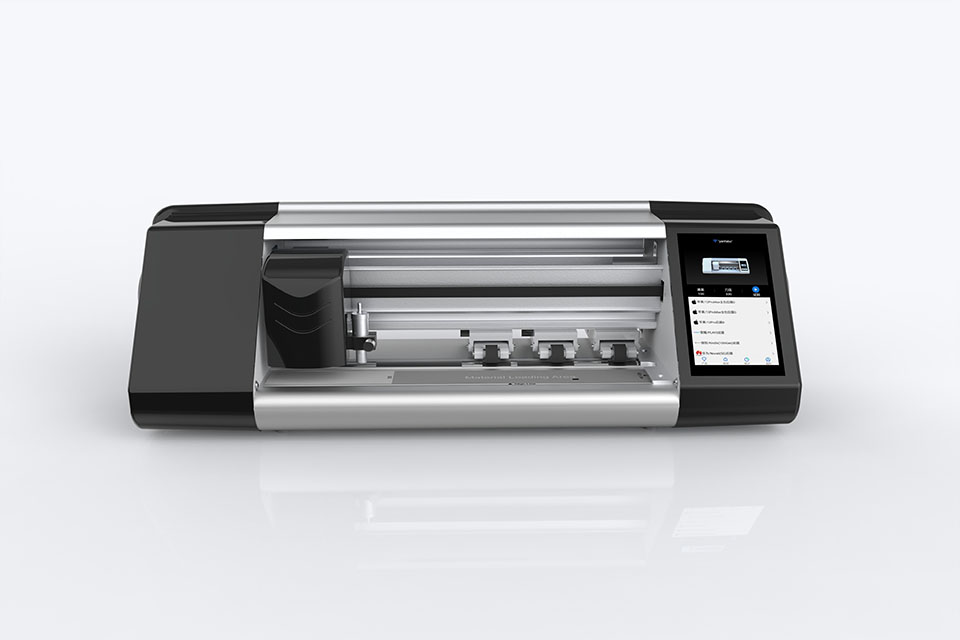
Jak działa maszyna do cięcia ochraniaczy ekranu telefonu komórkowego?
Maszyna do cięcia ochraniaczy ekranu telefonu komórkowego jest zaawansowanym urządzeniem zaprojektowanym
do produkcji niestandardowych ochraniaczy ekranu dla różnych urządzeń cyfrowych z wysoką ceną
i wydajność.
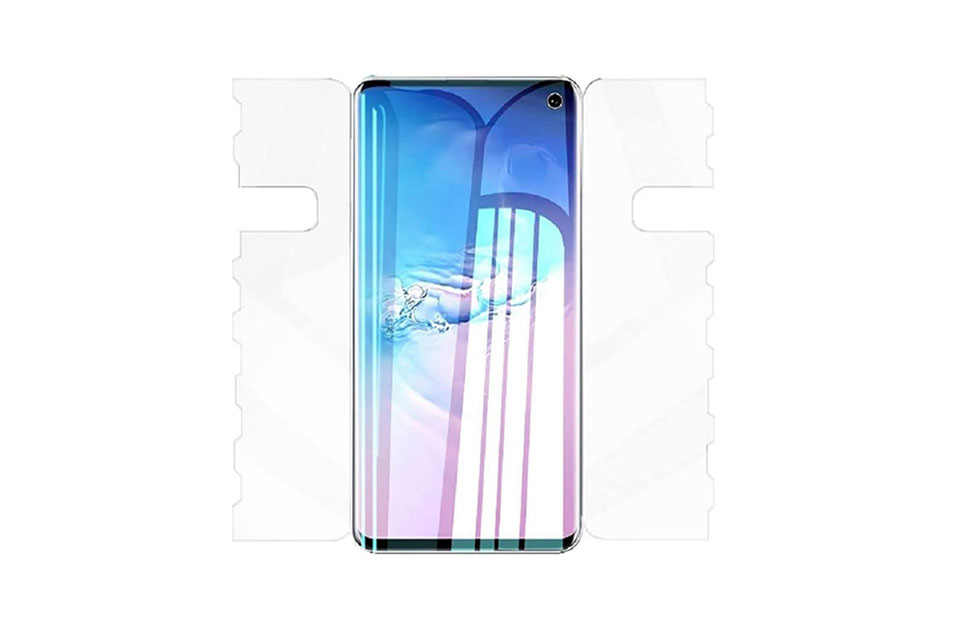
Charakterystyka szkła hartowanego na telefon komórkowy i ochraniacza ekranu TPU na telefon komórkowy
Ochraniacze ekranu z termoplastycznego poliuretanu (TPU) są elastyczne, trwałe i wytrzymałe.
samoregenerujące się folie z tworzyw sztucznych przeznaczone do ochrony ekranów urządzeń elektronicznych przed
zadrapania, uderzenia i inne potencjalne uszkodzenia.
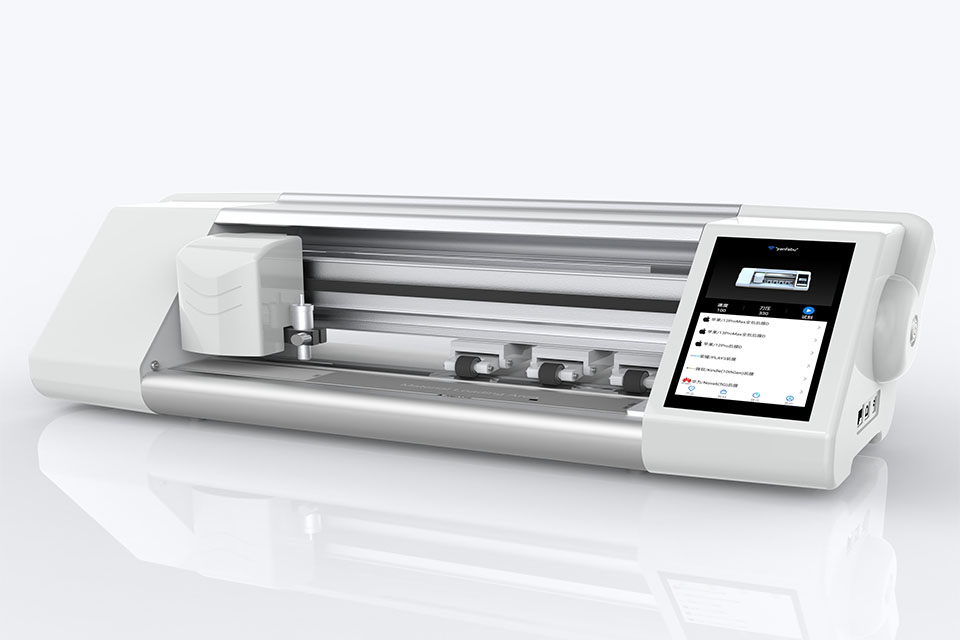
Rewolucja w ochronie urządzeń dzięki maszynie do cięcia osłon ekranu
Niezależnie od tego, czy posiadasz smartfon, tablet czy smartwatch, to wszechstronne urządzenie obsługuje szeroką gamę urządzeń. Płynnie dostosowuje się do wymiarów gadżetu, oferując niestandardowe dopasowanie, którego nie można dopasować do ogólnych ochraniaczy.
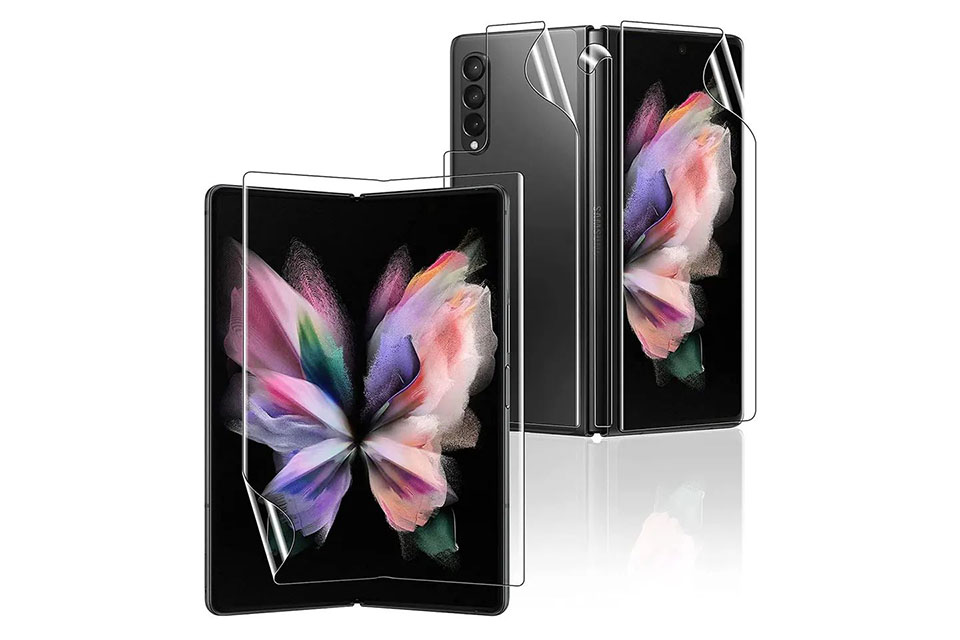
Dożywotnia gwarancja na osłonę ekranu
Dożywotnia gwarancja na ochraniacz ekranu to gwarancja udzielana przez producentów, która
obiecuje naprawę lub wymianę osłony ekranu przez cały okres użytkowania produktu, na określonych warunkach.

